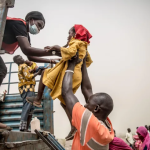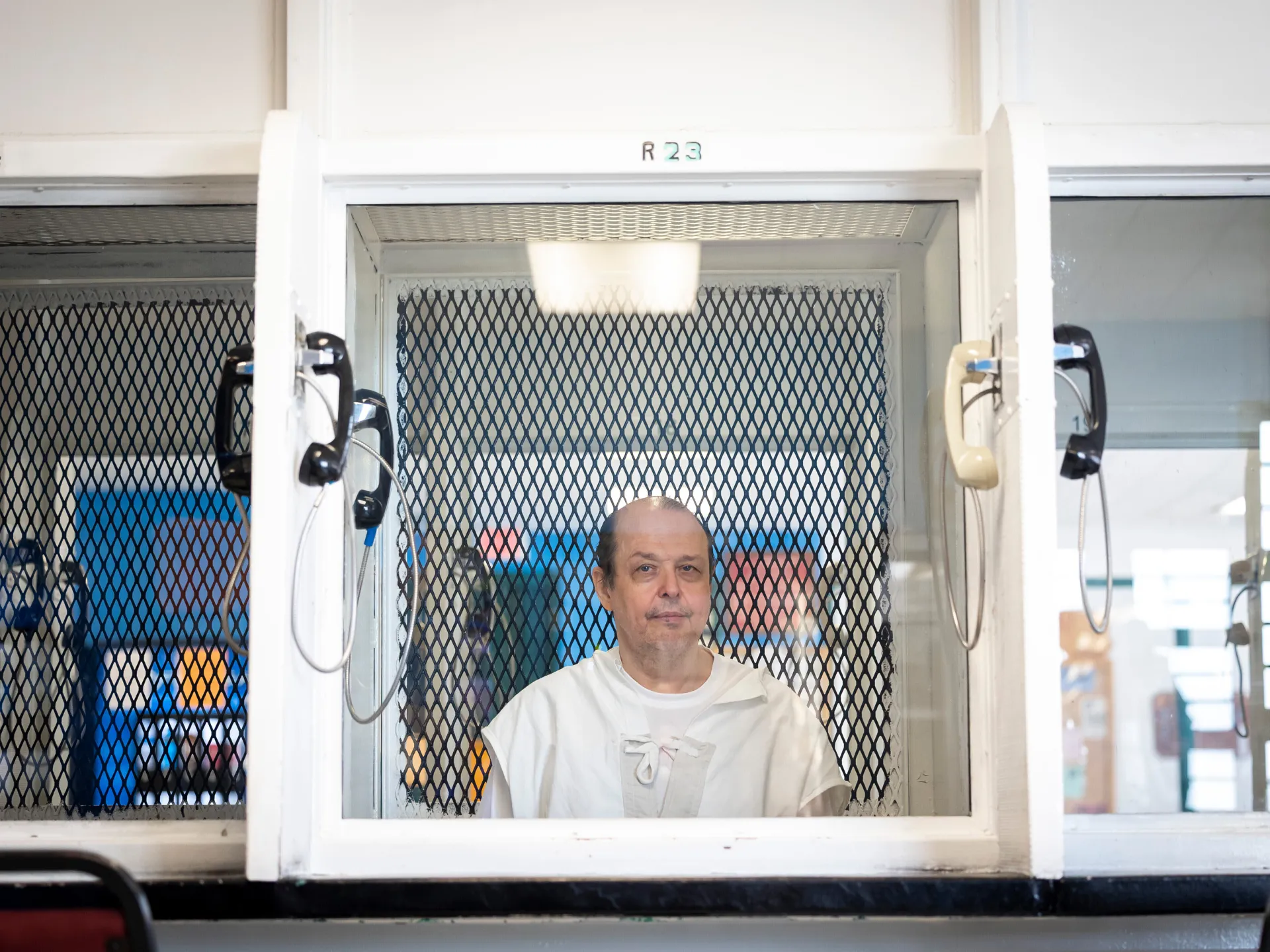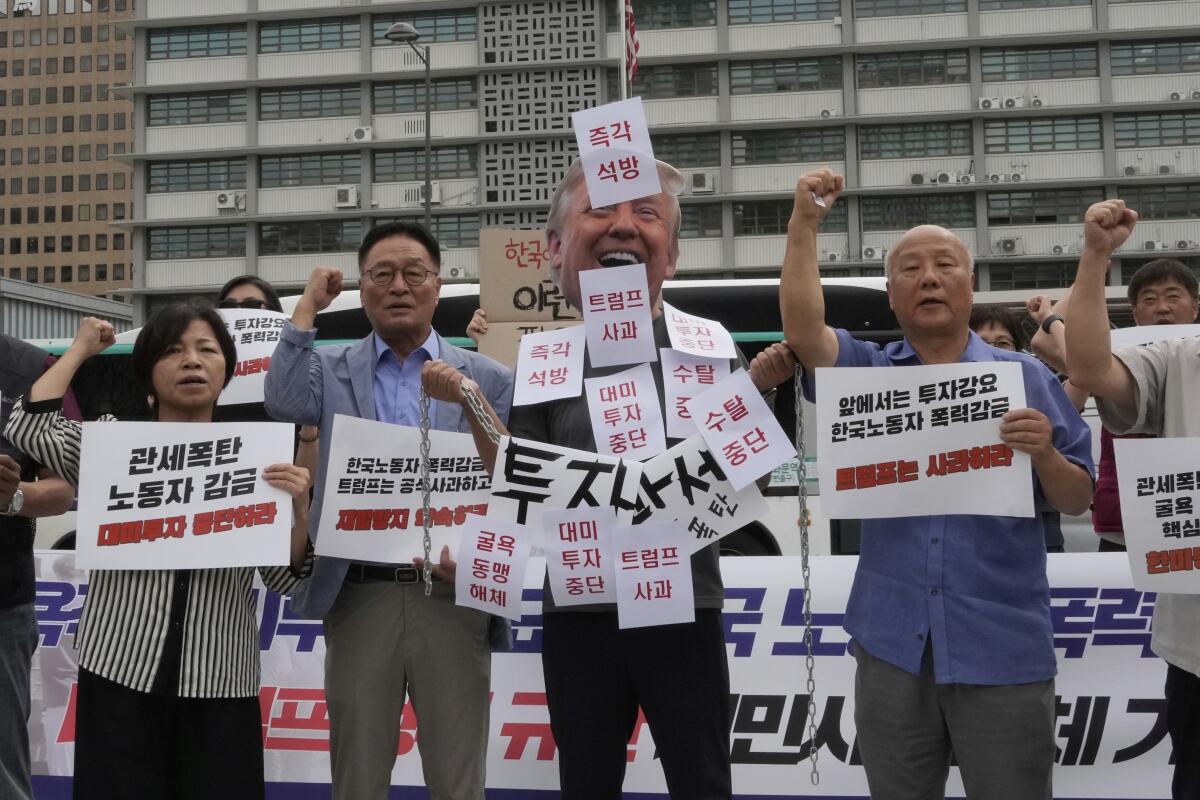Sudan’s War: A Data Alarm That Should Have Shaken the World

Since April 2023, more than 12 million people have been displaced, nearly 9 million inside Sudan and over 3 million across borders. The United Nations now identifies Sudan as the world’s worst humanitarian crisis, with 25 million people facing acute food insecurity and famine conditions already recorded in multiple areas.
These are not statistics; they are markers of systemic collapse. Mass graves, torched health facilities, and emptied towns tell the story. UN officials and independent human rights bodies have documented that the Rapid Support Forces (RSF) and allied militias committed genocide in Darfur, a finding echoed by the recent fall of El Fasher to RSF forces and the disturbing images that followed, underscoring the scale of brutality: civilians hunted in displacement camps, aid workers killed, humanitarian corridors severed. Each captured city tightens the noose on civilians and erodes any remaining space for lifesaving assistance.
The $4.2 billion required under the 2025 Sudan Humanitarian Response Plan remains largely unfunded. Agencies, including the WFP, UNICEF, UNHCR, and IOM, warn of an imminent operational collapse. Inaction is not neutral — it accelerates mass hunger, disease, and death. Sudan’s implosion will intensify displacement, fuel illicit economies, exacerbate extremist recruitment, and heighten volatility in food and fuel supplies. The outcome is predictable: expanded violence, deteriorating governance, and prolonged economic decline across West and Central Africa.
This crisis does not end at Sudan’s borders. It reverberates across a Sahel already destabilised by insurgency, climate shocks, and hollowed-out state institutions. Since 2020, a succession of coups in Mali, Burkina Faso, and Niger has entrenched military rule and normalised authoritarian recourse. Weak governance and porous borders transform humanitarian emergencies into regional security threats.
The international response must shift from caution to conviction:
• Close the funding gap immediately. Multiyear, flexible financing is essential. Underfunding today guarantees higher security and social costs tomorrow.
• Enforce accountability. Genocide determinations and credible atrocity reports demand criminal investigations, targeted sanctions, and civilian protection mechanisms. Impunity is a policy choice — and one that invites repetition.
• Reform and empower Africa’s institutions. The African Union must evolve from a consultative platform into a body capable of deterrence. Continent-wide resilience requires real incentives and penalties for unconstitutional rule, as well as rapid protection capacity. AU, ECOWAS, and the UN should align political mediation, enforcement tools, and governance support to reduce the appeal of coups masquerading as solutions.
The AU’s intervention is both urgent and crucial for the continent’s stability. Africa cannot afford perpetual crises while its people are uprooted and its natural wealth siphoned off. Sudan is a warning. The Sahel is the echo. Failure to act decisively will cement a trajectory of conflict, authoritarian drift, and economic paralysis. Accountability, protection, and reform are not aspirations; they are minimum requirements for continental stability.


